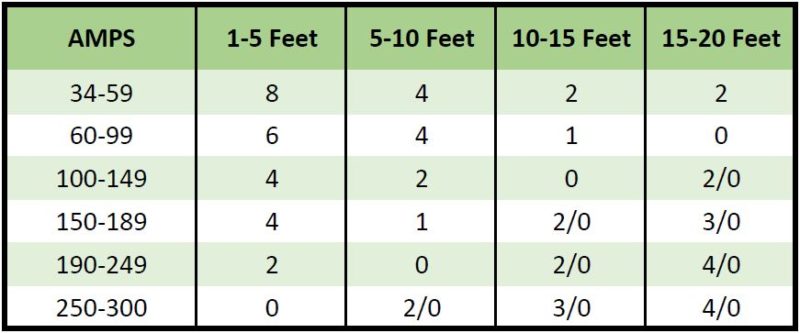Q: I was driving my 1995 F-350 when the truck suddenly went completely dead. I coasted to a stop, opened the hood, and saw that the alternator charge wire was so hot that the insulation was melting.
I quickly disconnected the battery to avoid a fire and had the truck towed home. Upon inspection, I discovered that the previous owner had replaced the factory alternator positive wire with a heavier-gauge wire running directly to the battery.
When I replace the faulty alternator and charred wire, should I install a fuse in the circuit?
A: It sounds like the previous owner may have added a high-output alternator and upped the charge wire size to accommodate the increased amperage but never added any circuit protection. If the alternator shorts internally, the wire will get very hot and can even cause a fire.
I recommend installing a high-amp fuse or circuit breaker as close as possible to the battery or starter solenoid—the two most common places for the charge wire to terminate. Whichever method of circuit protection you choose, make sure it is rated 10-20 amps above the maximum alternator output.
The alternator charge wire gauge size should match the maximum alternator output as outlined in this chart:

Always follow the alternator manufacturer’s recommendations for gauge requirements. Be aware that wire strand count can affect sizing.
In addition, the ground must carry the same capability. Alternators ground through the case, so clean, corrosion-free mounting surfaces between the alternator, brackets, and engine are critical—as is a quality engine-to-battery ground cable.
Installing a ground strap from the alternator case to the main ground location on the engine also is a good idea. Some alternators include a grounding lug; otherwise, attach the strap to a mounting bolt.

[…] Get Battery Reconditioning More @ http://www.onallcylinders.com […]